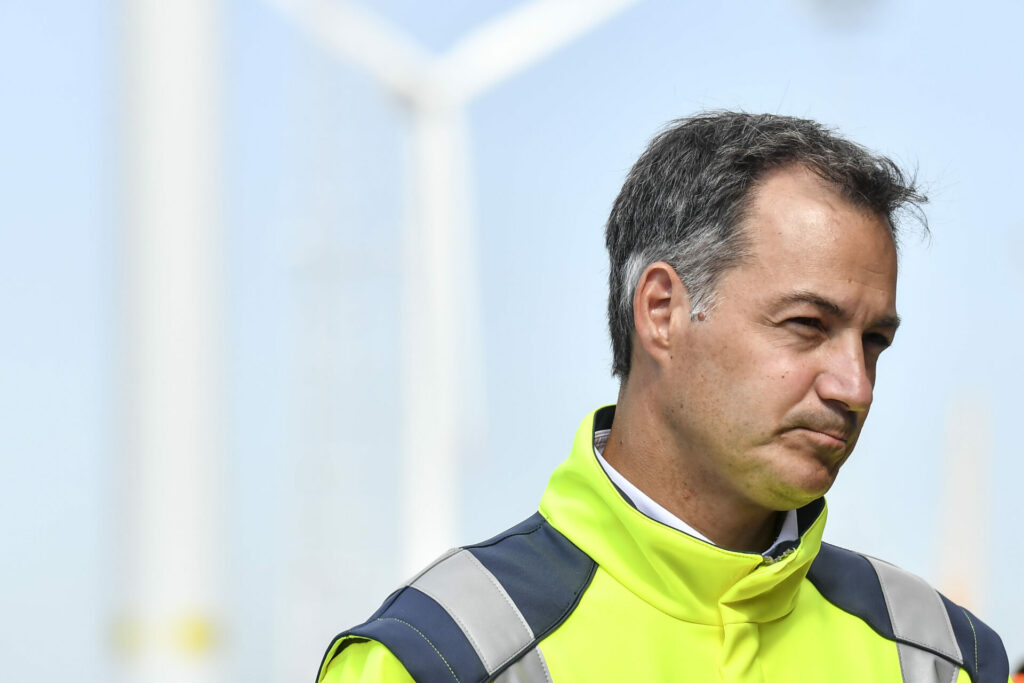During a planned visit to the port of Zeebrugge on 22 August, Belgian Prime Minister Alexander De Croo warned that the country faces long-term economic hardship due to soaring energy costs.
Although De Croo affirmed his belief that Belgium will overcome its difficulties, he wasn't initially optimistic, stating that “The next five to ten winters will be difficult. A very difficult situation is developing throughout Europe. Some sectors are facing serious difficulties with these high energy prices,” he told the press during a meeting with port handling company ICO Terminals.
The head of the organisation, Hans Maertens, echoed the Prime Minister's sentiment, speaking of “heavy clouds over the Flemish economy” and a burden on many businesses.
“We are monitoring the situation closely, but we must be clear: the next few months will be difficult, the next winters will be difficult. We will have to get out of it hoping for the best while preparing for the worst. And if the situation proves ultimately better than expected, it will still have been beneficial to have been prepared,” De Croo told the press.
Related News
The impact of high energy prices is already being felt by core sectors of the Belgian economy. Belgian companies, especially those in energy-intensive fields, are already bracing for a worst-case scenario, warning of an “economic time bomb” if Russia cuts gas supplies.
Belgian industry accounts for around a quarter of all the natural gas use in the country. Some sectors have already reduced their capacity due to high energy prices, some by up to 50%.
In light of the challenges ahead, De Croo stressed the need to "support each other in these difficult times."

